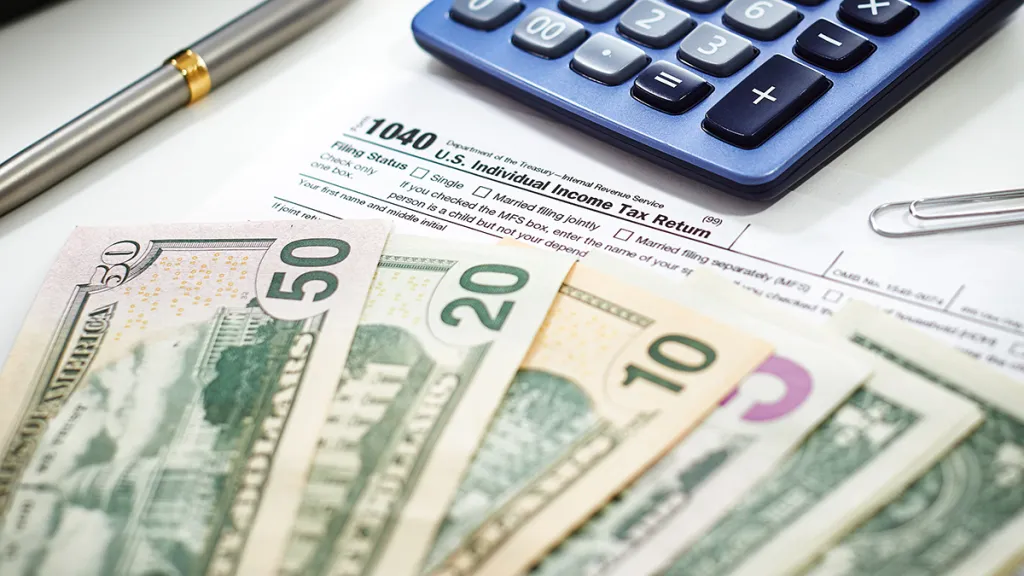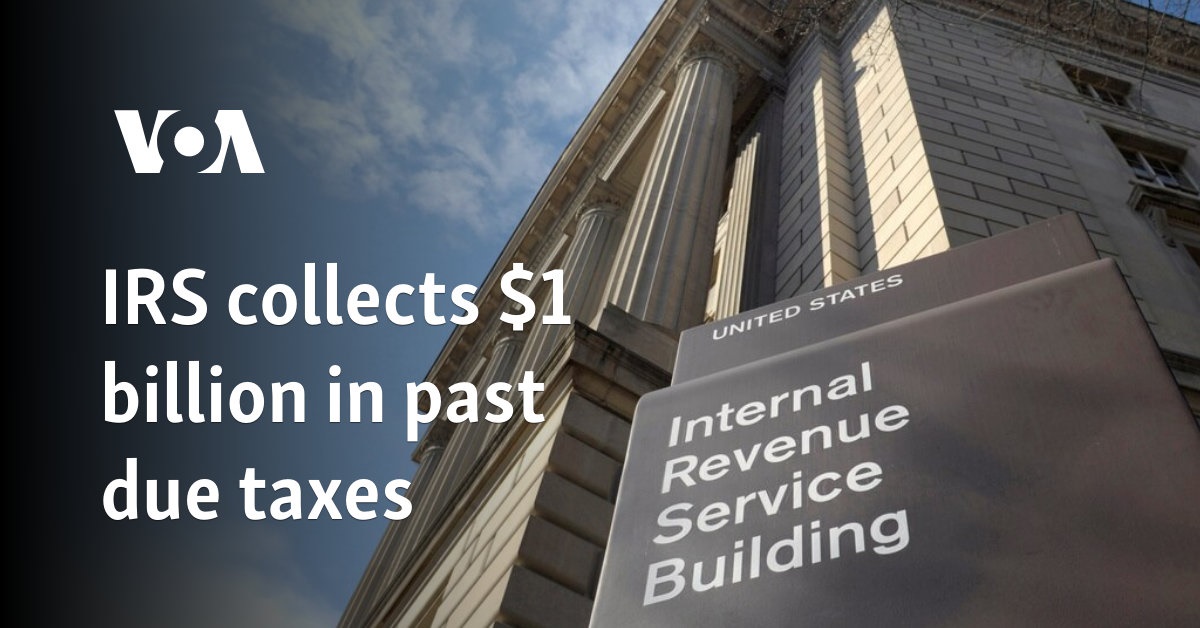The IRS’s recent achievement of collecting $1 billion in unpaid taxes from wealthy individuals, facilitated by Democrats’ $80 billion funding for enforcement, has sparked a contentious national debate over tax fairness and the role of government funding in ensuring compliance.
IRS Collects $1 Billion in Unpaid Taxes from Wealthy Amid Political Divide Over Funding
According to Common Dreams, the U.S. Internal Revenue Service (IRS) recently announced a major achievement: they collected $1 billion in unpaid taxes from wealthy individuals. This success came after Democrats secured $80 billion in funding for the IRS through the Inflation Reduction Act of 2022. This money helped the IRS hire more staff to enforce tax laws, especially targeting wealthy taxpayers and big companies who try to avoid paying their fair share. Republicans opposed this funding, arguing it would burden middle-class Americans.
Democrats, led by Rep. Bill Pascrell (D-N.J.), pushed for the IRS funding to make sure rich Americans pay what they owe in taxes. On the other hand, Republicans, like former House Speaker Kevin McCarthy, fought against it, saying it would hurt average Americans. This debate shows how divided the country is on issues of taxes and fairness.
READ ALSO: Audit Reveals $44.8 Million Oversight Failure In Washington State Education Spending

$1 Billion in Unpaid Taxes Recovered: IRS’ Success Highlights Need for Tax Fairness and Enforcement (PHOTO: Robb Report)
IRS Targets Wealthy Taxpayers with New Rules Amid Push for Tax Fairness
Thanks to the new funding, the IRS was able to track down and contact 1,600 wealthy taxpayers who owed large unpaid taxes. They’re also proposing new rules to stop tactics that let businesses and individuals avoid paying taxes, which could bring in over $50 billion in the next decade. This success for the IRS highlights the ongoing debate in America about how to make sure everyone pays their taxes fairly and honestly.

















































